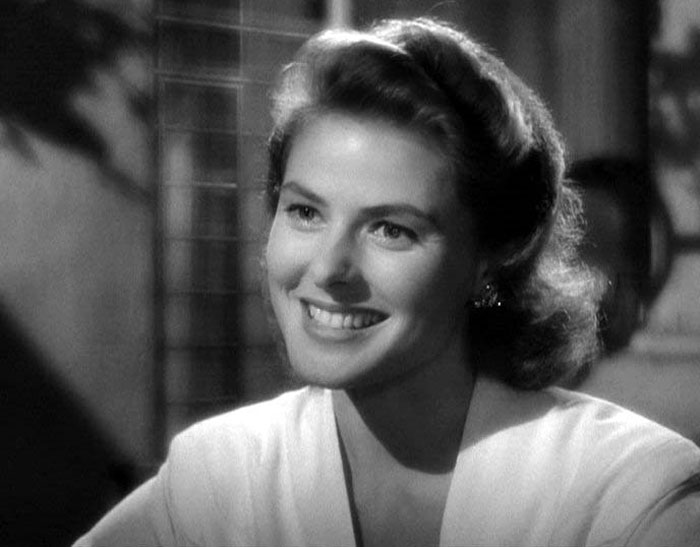Many people suffer from “negative
self-talk,” which is a critical voice in their heads that says things like, “Why
try out for the football team when you know you’re a loser?” Or, “You’ll never
be a Class-A musician, so just give up your dream.” Or, “Your acting is horrible
and the only one who doesn’t know this is you.”
This kind of “negative self-talk” is one of the central
themes in Birdman, or (The Unexpected Virtue of Ignorance), starring Michael
Keaton, Emma Stone, Edward Norton, Zach Galifianakis, and Naomi Watts. The film
won this year’s Academy Award for Best Picture.
In Birdman, Michael Keaton plays a man named Riggan Thomson, a washed-up
film actor famous for playing a superhero (Birdman) in a series of very
successful films many years ago. Riggan is shown attempting an ambitious comeback
to write, direct, and star in his first play on Broadway, and it is not going
the way he expected.
His daughter is unhappy as his personal assistant, he has
production and public relations problems, he has girlfriend problems, but his
main antagonist is actually Birdman himself. Riggan hears the near constant,
droning voice of Birdman telling him that he is wasting his time and that he should
give up this Broadway nonsense and come back to the superhero role that made
him a star. The film examines Riggan’s near-crippling self-doubt, it satirizes
the Broadway theater culture, and it features the desperation and hope of actors
who just want to say, “I acted on a Broadway stage.”
While Birdman could have been filmed conventionally, the
filmmakers chose the more difficult path. Similar to Alfred Hitchcock’s movie, Rope, Birdman is shot as if it was mostly one take. The camera follows characters up
and down stairs, all around the stage where the play will take place, on the
streets outside, up on rooftops and back again, and it’s all very impressive
and seamlessly done. One of the joys in this film is to figure out where the
edits are located. I assure you, it’s not as easy as it is to spot in Rope.
Best Director Oscar winner, Alejandro G. Iñárritu, and Best Cinematography
Oscar winner, Emmanuel Lubezki required the cast and crew to film very long scenes
without error. This involved many rehearsals since some scenes were up to fifteen
minutes in length. It required a constantly moving camera, multiple settings,
multiple actors, tons of flawlessly performed dialogue, and every actor and
every crew person had to hit their marks perfectly, or they had to start the
entire scene over again.
It’s this combination of acting excellence and
technical prowess that impressed the Academy enough to give it their highest
award.
Michael Keaton is simply superb as a tortured Riggan, who we
see slowly descending into madness. This really is a monumental acting
performance by Keaton, as he is in most of the film’s scenes, and he is
believable throughout. You can feel that this might be his character’s last
shot at attaining whatever he thinks is “success,” and he sees it slowly
slipping away from him. Watching Keaton’s journey through this movie, even
without the technically complex element, was a truly fun experience.
Edward Norton’s role as a Broadway veteran named “Shiner” is
also a standout performance. Norton plays the character with uncommon levels of
confidence, but we see brief glimpses that this might be a carefully crafted facade.
Other noteworthy actors in the film are Emma Stone and Naomi Watts, as Riggan’s
daughter and one of the play’s stars, respectively.
Birdman was impressive on a number of levels. It
has awesome acting, a great script, technical excellence, and it’s about the
inner-workings of the acting profession, which the Academy always loves. So, it
makes perfect sense to award Birdman with Best Picture.
While I can’t say that Birdman would have been my vote for
Best Picture, it’s clearly a film-making achievement worthy of the top award
because the filmmakers dared to take the more difficult path to make a good movie great, and it succeeded to produce a really amazing film experience. It’s a movie that
film students will be studying for many years to come, and I can’t truly say
that about all of this year’s Oscar nominees.



